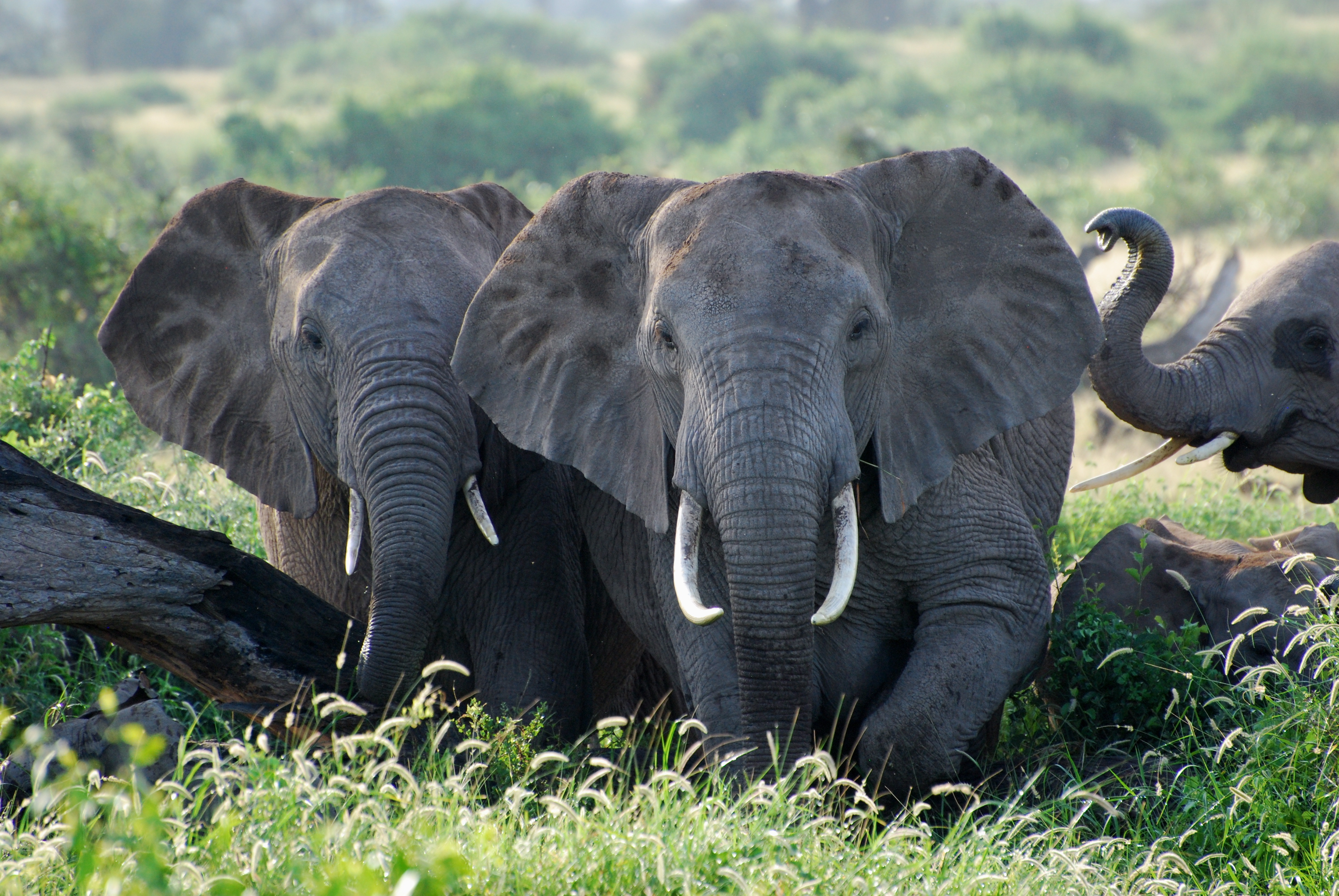With fewer than 500,000 elephants left on earth, both species – African and Asian – are in peril. Asian elephants are classified as endangered, with fewer than 40,000 remaining worldwide and African elephants are listed as vulnerable by the International Union for Conservation of Nature.
What’s causing this decline? Poaching is a big part of the problem. Every year, more than 20,000 elephants are killed by poachers as part of the illegal ivory trade. As we approach World Elephant Day this Sunday, Microsoft is shining a light on these issues through stories, social media and our Bing home page.
However, we’re working on these issues every single day – not just on August 12. We believe that technology can play a transformative role to empower researchers and activists as they restore the population to healthy levels and help elephants thrive in safe environments.
Through AI for Earth, we are working with and enabling organizations like Conservation Metrics, Save the Elephants, Peace Parks Foundation, and others, with cloud and AI tools that are leading these important efforts to create change. From using acoustic monitors to track elephants and their wellbeing, to using AI in the creation of predictive techniques that alert rangers of poaching patterns so they can mitigate issues before a crime can take place, we are proud to join these organizations on their journey. We’ve also taken on these issues by implementing policies to identify and remove online ads that may be supporting illegal trafficking. Two years ago, we changed our Bing policies to fight this, and earlier this year we joined with World Wildlife Fund and others to create the Global Coalition to End Wildlife Trafficking Online, a group committed to reducing wildlife trafficking online by 80 percent by 2020. In just a month, we’ll infuse AI into this work too, hosting this group on campus at Redmond to discuss how machine learning can help advance and accelerate our work.
This is an issue that requires a full ecosystem’s worth of change to make a difference, but with efforts ranging from research on how elephants communicate to a crackdown on poaching’s financial incentives, we are optimistic that we will have good news to trumpet about on World Elephant Day next year.

